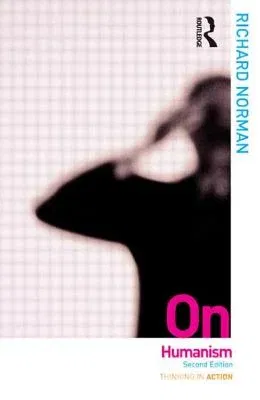What is humanism and why does it matter? Is there any doctrine every
humanist must hold? If it rejects religion, what does it offer in its
place? Have the twentieth century's crimes against humanity spelled the
end for humanism?
On Humanism is a timely and powerfully argued philosophical defence of
humanism. It is also an impassioned plea that we turn to ourselves, not
religion, if we want to answer Socrates' age-old question: what is the
best kind of life to lead? Although humanism has much in common with
science, Richard Norman shows that it is far from a denial of the more
mysterious, fragile side of being human. He deals with big questions
such as Darwinism and 'creation science', matter and consciousness,
euthanasia and abortion, and then argues that it is ultimately through
the human capacity for art, literature and the imagination that humanism
is a powerful alternative to religious belief.
This revised second edition includes a new chapter on the debates
between 'the New Atheists' such as Richard Dawkins and Christopher
Hitchens and their religious critics, asking why the two sides in the
debate so often seem to be talking past one another, and suggesting how
the conversation could be made more fruitful.
Richard Norman is a committed humanist and the author of many books
including The Moral Philosophers and Ethics, Killing and War. He was
formerly Professor of Philosophy at the University of Kent, Canterbury

